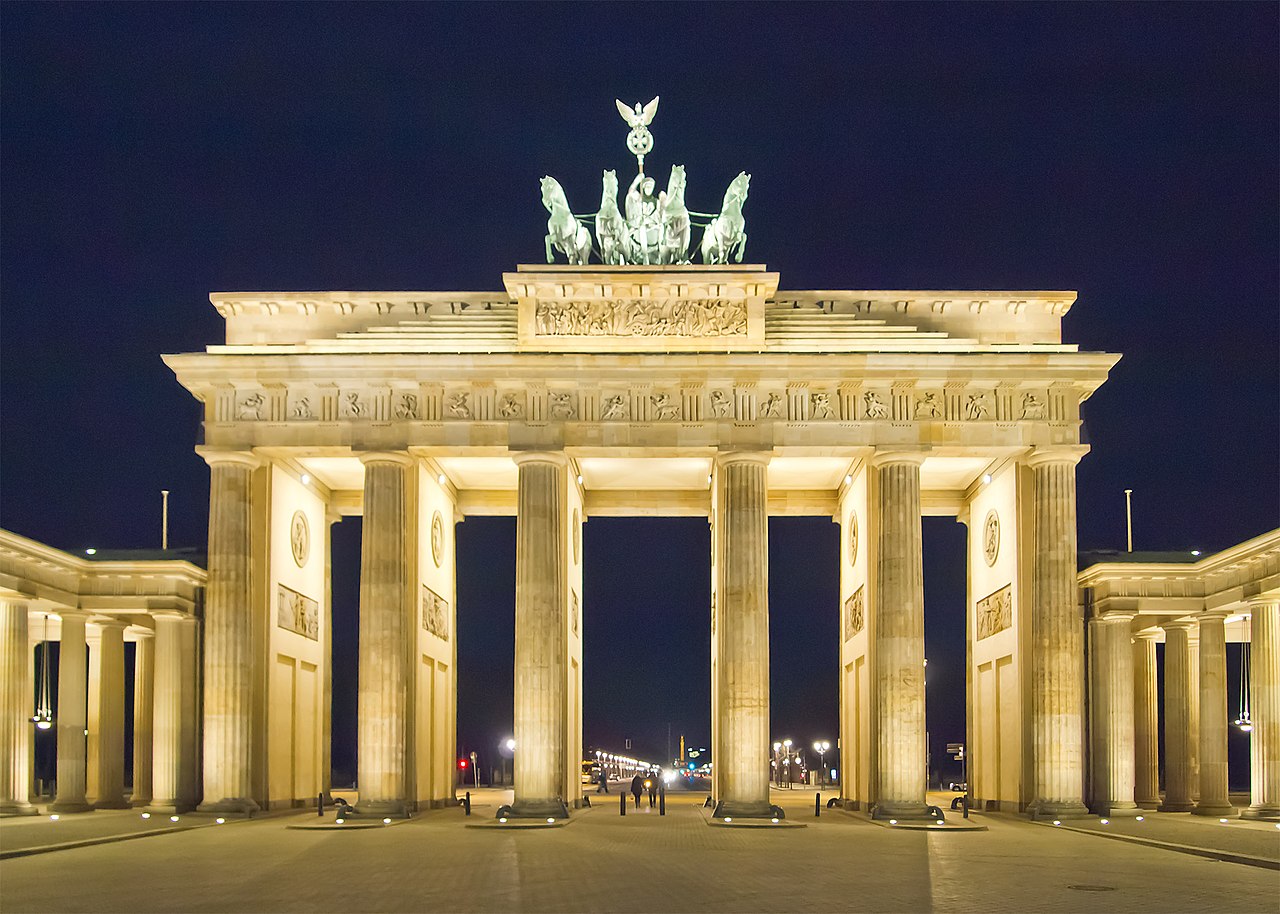We are pleased to announce a forum ‘“What’s the point of history… if we never learn?” Dialogue, Remembrance and Solidarity in Europe. New Challenges for Public History and Historical Education’ to be held on 16-17 October 2023 at the Humboldt Forum in Berlin.
The forum, prepared by ENRS in cooperation with the Federal Institute for History and Culture of the Germans in Eastern Europe, seeks to confront current and potential problems of European culture of remembrance, and discuss them starting with this quote from the song written by young participants of one of ENRS educational projects: ‘What’s the point of history … if we never learn?’
Almost eight decades after the Second World War and two and a half decades after the war in the Balkans, war has returned to Europe. The Russian attack on Ukraine has challenged our certainty that we have learned the right lessons from the past in some places, but reaffirmed it in others. It is obvious that diverse experiences and differing historical traditions within Europe influence current perspectives on the present as well as political actions.
Despite a common European foundation of values, the different historical socio-political imprints are often not sufficiently taken into account, which repeatedly leads to misunderstanding. Occasionally, even the discourse on solidarity about ‘a common European past’ that began at the turn of the millennium, serving as the basis of a European community capable of acting in unison, seems to be fundamentally called into question.
Heterogeneity in the culture of memory exists not only between but also within European countries. Nationally, too, there are different, partly competing and polarizing cultures of remembrance with different actors, emphases and evaluations. State policies on history are interrelated with diverse practices of remembrance in civil society. Is it even possible to have ‘a common memory’ in the light of such a diversity of experiences?
The event will take stock of the discourses on the past and map the current diversity of perspectives in order to raise awareness of divergent views, broadening the knowledge each side has of the other and to promote understanding. This is not only about historical evaluations, but also about the opportunities that a common confrontation with the past offers for shaping peace, democracy, freedom and tolerance. A dialogue of remembrance that appreciates differences can make the common ground in plurality visible and thus strengthen solidarity in Europe.
